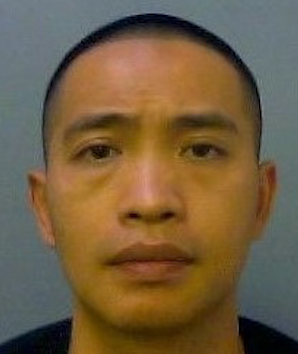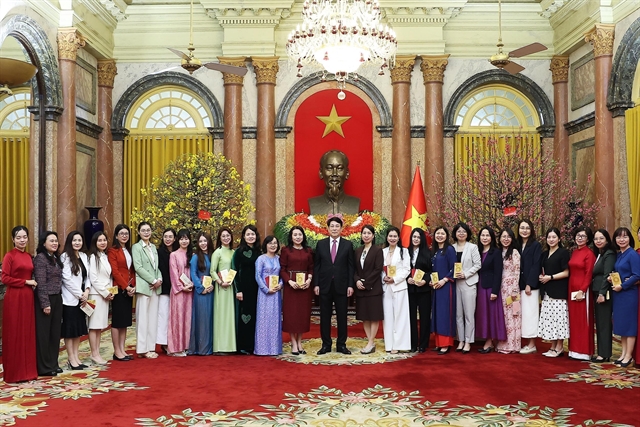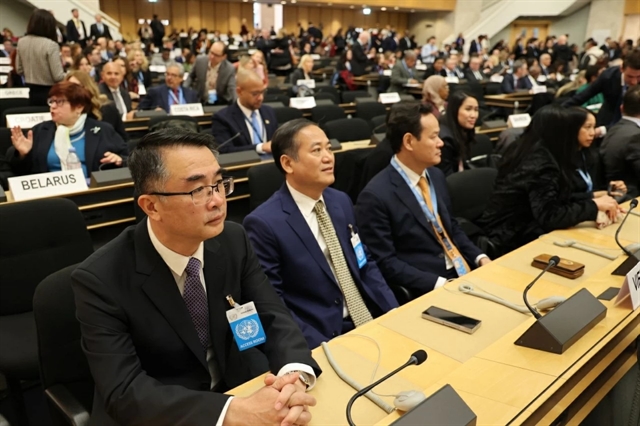 Life & Style
Life & Style

An opera reflecting Socrates’ philosophy and brainpower will be performed tonight at the Hà Nội Opera House.
14441634PM.JPG) |
| On trial: Entitled The Apology of Socrates, the opera is an authentic recreation of the most astounding trial in the history of civilisation. Photo courtesy of the Greek Embassy |
HÀ NỘI – An opera reflecting Socrates’ philosophy and brainpower will be performed tonight at the Hà Nội Opera House.
After Greece, Romania and Cyprus, the opera will debut in Việt Nam, making it the first country in Asia introduce this performance.
Entitled The Apology of Socrates, the opera is an authentic recreation of the most astounding trial in the history of civilisation.
The script, which was probably written down in 397BC is the only work of Platon, Socrates’ student, not in the form of a dialogue. It is also the only work where he himself figures as present and actively participating in the proceedings of the trial at Heliaea.
The opera will be performed in the ancient Greek language with subtitles in English, directed by Dimos Avdeliodis.
Beside two actors, Vasilis Karamboulas (Socrates) and Thanasis Dislis (prosecutor Meletus), the audience will play the role of spectators at the historical trial judging Socrates, said Avdeliodis.
“Our goal is an authentic ritualistic re-enactment of the trial of Socrates, with a podium and an hourglass, without any other naturalistic element, just based on the atmosphere created as the two actors become the incarnation of the ancient Platonic language that restores the “lost” meaning of a work in which the future perspective of a universal civilisation was first established,” he said.
“The opera represents the highest expression of ancient Greek civilisation, as it becomes incarnated, acquiring a true and indisputable substance in the person of Socrates who chooses death wittingly, instead of becoming deprived of the freedom to live and act in search of the true meaning of human existence,” Avdeliodis said.
The opera praises the spirit of justice and freedom, said Greek Ambassador Nikolaos Kanellos.
“I was haunted during of my life by Socrates’ philosophy and personality,” said Kanellos.
“People all over the world should learn about Socrates and know that what he defended makes life better and helps build society’s order and people’s morality.”
The opera is performed in the ancient Greek language as an effort to preserve and develop it.
Ambassador Kanellos said it will be wonderful as audiences will have a chance to hear the language of Socrates’ era which has a different sound and musical tone from the modern Greek language.
“Yet, sound and music are the parameters adjusting the meaning of every phrase, not the typical or standardised articulation of a series of words. In order to reveal their eloquence, words should be heard not as merely words but as vehicles of semantic content constructing meaning. Hearing them, one should experience not just comprehension, but mainly feelings,” said the director.
Thus, the aim of articulating the ancient Platonic text during the performance is not the search for novelty or a strictly defined literary or historical exploration, but the need to hearken to and experience the feelings and the ethos of Socrates upon hearing the voice of the original work, he said.
Rehearsals began in 2012 and the actors spent much effort learning to sing in the ancient language.
The opera is free to attend. After Việt Nam, the show will be introduced to France and Luxemburg. VNS




